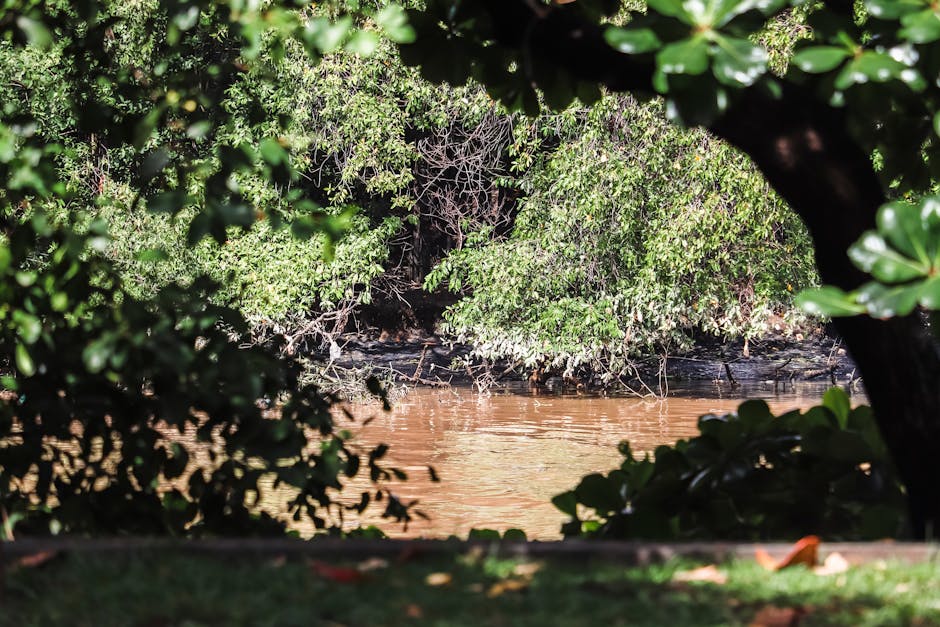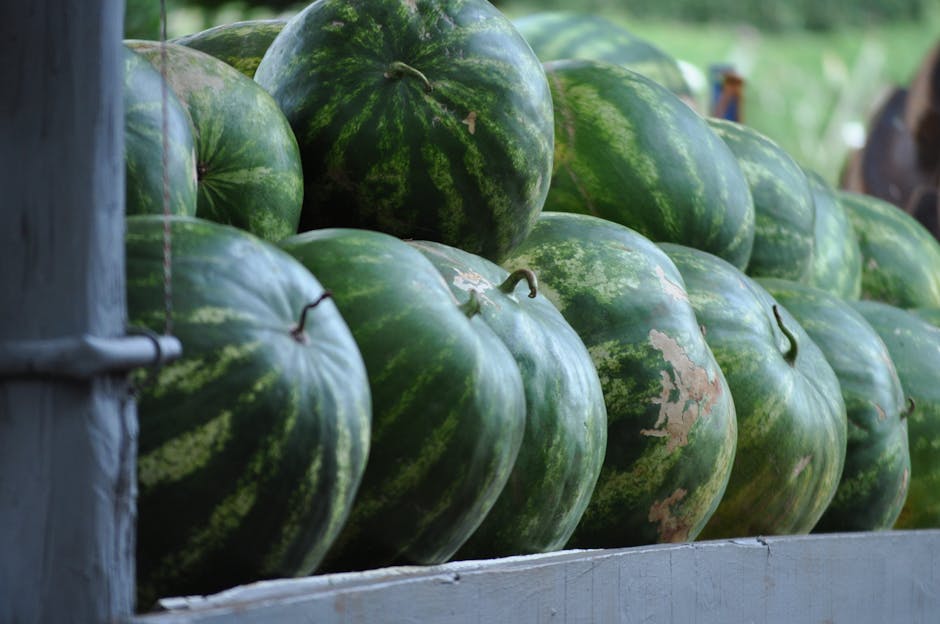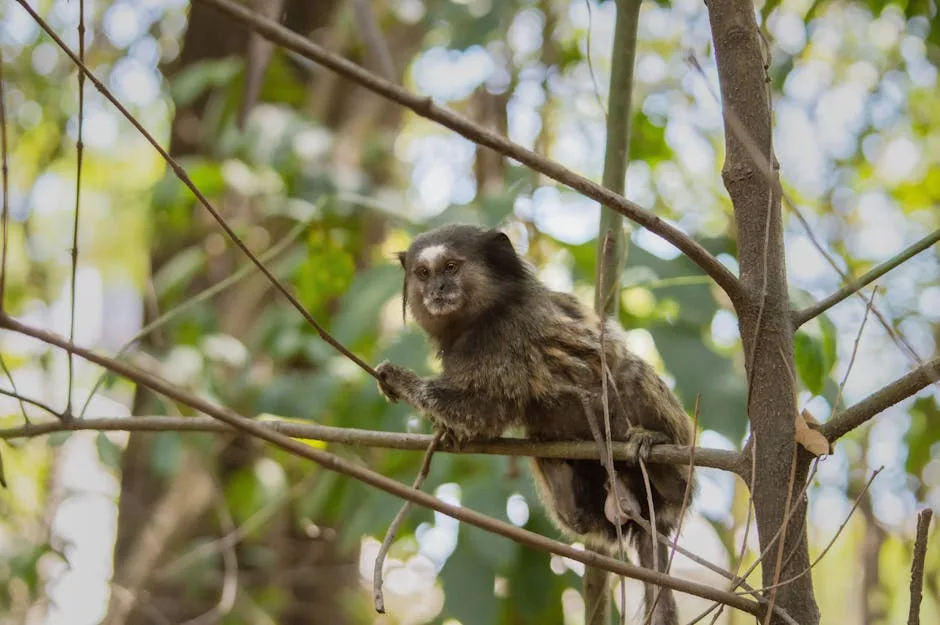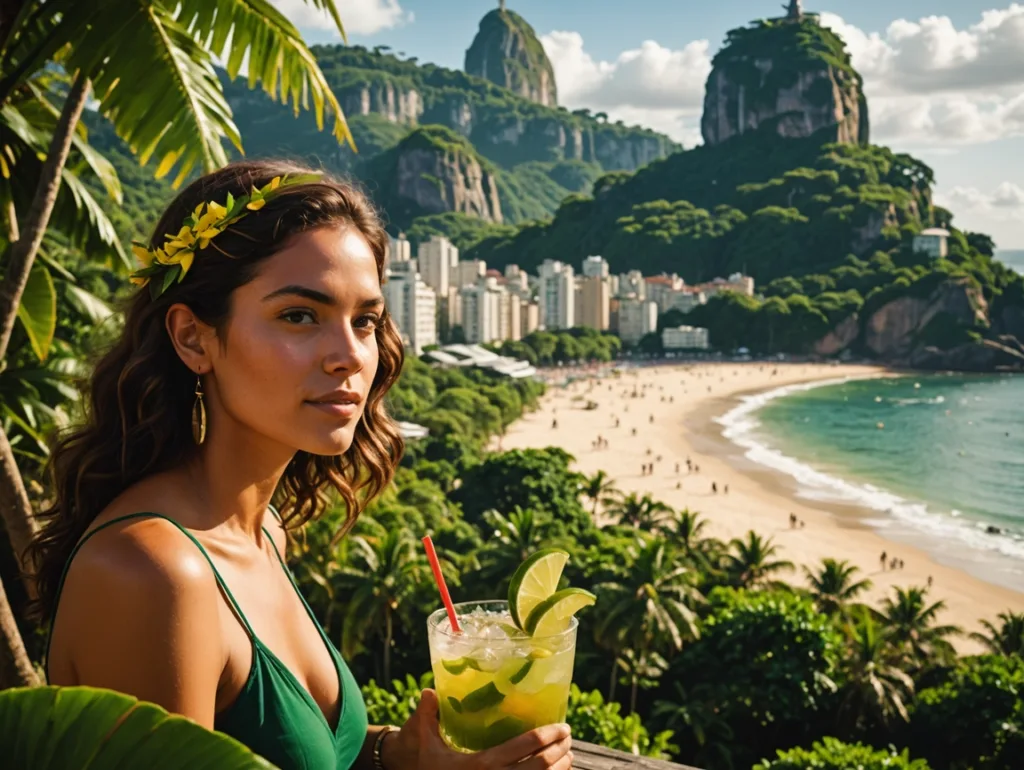Why Your Trip to Brazil Matters More Than You Think
Picture Brazil. What comes to mind? Is it the thunderous roar of iguazu falls, the vibrant chaos of Carnival in Rio, or the deep, mysterious green of the Amazon rainforest? Brazil is a country of staggering natural beauty and cultural richness, a place that captures the imagination like few others. But this incredible biodiversity and cultural heritage is fragile. As travelers, we have a unique opportunity—and responsibility—to explore this paradise in a way that protects it for generations to come. That’s where sustainable travel comes in.
Don’t worry, this isn’t about giving up fun or comfort! Sustainable travel in Brazil is actually the secret to a more authentic, immersive, and rewarding experience. It’s about connecting deeper with the places you visit, supporting the local communities that call them home, and leaving a positive footprint. Ready to swap the typical tourist trail for a journey that truly gives back? Let’s dive in.
First Things First: Planning Your Conscious Brazilian Adventure
A great sustainable trip starts long before you board the plane. A little thoughtful planning can make a world of difference, reducing your environmental impact and setting you up for a more meaningful journey.
Travel During the Shoulder Seasons
Popular spots like Rio de Janeiro, Salvador, and Iguazu Falls can get incredibly crowded during peak season (December-March and July). This puts a strain on local resources and infrastructure. By traveling during the shoulder seasons (April-June and August-October), you’ll not only enjoy fewer crowds and often lower prices, but you’ll also help distribute the economic benefits of tourism more evenly throughout the year. The weather is typically fantastic during these months, too!
Pack with Purpose
What you bring with you can significantly reduce waste on the ground. Here’s a mini-checklist for your eco-friendly packing list:
- A Reusable Water Bottle with a Filter: Tap water in most of Brazil isn’t recommended for drinking, leading many tourists to buy countless plastic bottles. A bottle with a built-in filter is a game-changer, saving you money and saving the planet from plastic waste.
- Reef-Safe Sunscreen: If you’re heading to coastal paradises like Fernando de Noronha or the coral reefs of the northeast, regular sunscreen can be incredibly damaging to marine life. Look for non-nano zinc oxide formulas.
- A Reusable Tote Bag: Perfect for shopping at local markets (feiras) and avoiding plastic bags for your souvenirs.
- Solid Toiletries: Shampoo bars, conditioner bars, and solid toothpaste reduce plastic packaging and are less likely to leak in your luggage. Win-win!

Getting Around: Embracing the Journey, Not Just the Destination
Brazil is colossal—the fifth largest country in the world! While flying between cities can seem like the only option, it also comes with a hefty carbon footprint. Embracing slower, more scenic modes of transport is a fantastic way to see more of the country and travel more sustainably.
Discover the Comfort of Long-Distance Buses
Don’t dismiss the bus! Brazil has one of the most extensive and comfortable long-distance bus networks in the world. Companies like GOL (through their bus partnerships) and ClickBus offer routes connecting almost every major city. Opt for the leito (bed) or semi-leito (semi-bed) class for overnight journeys—they feature seats that recline nearly flat, offering a surprisingly comfortable night’s sleep. It’s a fantastic way to save on a night’s accommodation and wake up in a new city, all while watching the stunning Brazilian landscape roll by.
Use Public Transit in Cities
In major hubs like São Paulo and Rio de Janeiro, the metro system is clean, efficient, and a great way to get around like a local. It helps you avoid the notorious city traffic and reduces your carbon emissions. For shorter distances, walking is always the best way to discover hidden gems and soak up the local atmosphere.
Where You Stay Matters: Supporting Eco-conscious Accommodations
Your choice of accommodation is one of the most impactful decisions you can make. By choosing places that prioritize sustainability, you’re directly supporting businesses that care for the environment and their local communities.
What to Look For in an Eco-Lodge or Pousada
The term “eco” can sometimes be used loosely. Look for accommodations that can demonstrate their commitment. Do they use renewable energy like solar panels? Do they have programs for water conservation and waste reduction? Crucially, do they employ local staff, source their food from nearby farms, and actively contribute to community projects or local conservation efforts? Many truly sustainable lodges in the Amazon or Pantanal will be proud to share this information.
Community-Run and Family-Owned Pousadas
Beyond certified eco-lodges, consider staying in smaller, family-run guesthouses known as pousadas. This is especially true in smaller towns and coastal villages. By doing so, you ensure your money goes directly into the hands of the local community, fostering economic empowerment and a more authentic cultural exchange.

A Taste of Brazil: Eating and Drinking Sustainably
brazilian cuisine is a vibrant, flavorful reflection of its diverse culture and geography. Exploring it sustainably is not only easy but also incredibly delicious!
Eat at “Por Quilo” Restaurants and Feiras
One of the best Brazilian dining experiences is the restaurante por quilo (pay-by-weight restaurant). These buffets offer a huge variety of fresh, local dishes. Because you only take what you want, it dramatically reduces food waste compared to standard all-you-can-eat buffets. Also, be sure to visit the local weekly markets (feiras). Here, you can buy incredible tropical fruits and snacks directly from the farmers who grew them.
Savor Regional and Seasonal Specialties
Embrace the concept of “eat where you are.” This means enjoying fresh seafood on the coast, trying açaí in its native Amazon region, or savoring the hearty bean and meat dishes of Minas Gerais. Eating seasonally and regionally not only means you’re getting the freshest, most flavorful food, but it also supports local agricultural systems and reduces the carbon footprint associated with transporting food long distances.
Experiences That Give Back: Ethical Tours and Activities
The core of your trip is what you do. Choosing activities that are respectful of wildlife, culture, and the environment is key to being a sustainable traveler.
Wildlife Watching the Right Way
Whether you’re looking for jaguars in the Pantanal or pink river dolphins in the Amazon, always choose a certified guide from a reputable tour operator. A responsible guide will never encourage touching, feeding, or crowding animals. They will maintain a respectful distance, turn off their boat engine when appropriate, and prioritize the animal’s welfare over getting the perfect photo. Their expertise will also provide you with a much deeper understanding of the ecosystem you’re exploring.
Embrace Community-Based Tourism
Some of the most profound travel experiences in Brazil involve connecting with its traditional communities. Initiatives in the Amazon and parts of the northeast allow travelers to stay with or visit riverine (ribeirinho) or indigenous communities. When done through reputable organizations like Rede TUCUM, these programs are designed and led by the communities themselves, ensuring the experience is respectful, empowering, and provides a direct economic benefit to the hosts. It’s a powerful way to learn about a different way of life while supporting cultural preservation.

Spotlight on Local Heroes: Initiatives You Can Support
Brazil is home to countless passionate individuals and organizations working tirelessly to protect its natural treasures. Supporting them, even just by visiting, contributes to their vital work.
Projeto TAMAR: The Sea Turtle Saviors
One of Brazil’s most famous conservation success stories, Projeto TAMAR, works to protect endangered sea turtles. They have visitor centers in several coastal towns, including Praia do Forte in Bahia and Ubatuba in São Paulo. Visiting these centers is a fantastic way to learn about the turtles and support TAMAR’s research and community outreach programs. Your entrance fee directly funds their conservation efforts.
Instituto de Pesquisas Ecológicas (IPÊ)
IPÊ is a leading conservation organization that works on projects across Brazil, from protecting the Black-faced Lion Tamarin in the Atlantic Forest to promoting sustainable agroforestry in the Amazon. While you might not interact with them directly, you can support their work by choosing to stay at eco-lodges that partner with them or donate to their cause.
Your Sustainable Brazil Checklist
Feeling inspired? Here are a few key takeaways to remember for your trip:
- Learn a little Portuguese. A simple “bom dia” (good morning), “por favor” (please), and “obrigado/a” (thank you) goes a long way in showing respect.
- Say no to plastic. Carry your reusable bottle and bag everywhere.
- Choose ground transport. Take the bus for at least one leg of your journey.
- Eat and shop local. Support small, family-run businesses instead of large international chains.
- Buy authentic souvenirs. Purchase handicrafts directly from the artisans who make them.
- Respect wildlife and nature. Leave no trace, stay on marked trails, and keep a safe distance from animals.
- Ask questions. Inquire about the sustainability practices of your tour operators and hotels. Your interest encourages more businesses to adopt greener practices.





